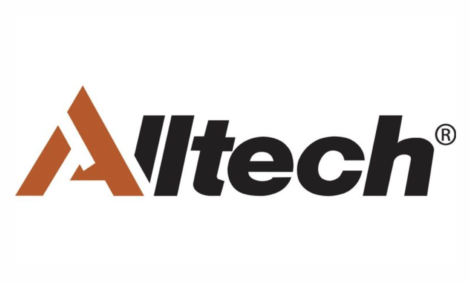



Imagindairy secures $13-million in investment funds
The food tech company creates milk proteins identical to those from cowsImagindairy Ltd., an Israeli food tech company, announced the completion of a $13M seed round. The funding was led by MoreVC, a leading seed stage investor in Israel managing $275M across three funds, the company announced in a press release.
Using natural precision fermentation, the company has created true milk proteins that are indistinguishable from the real thing. Imagindairy's proprietary technology, based on a systems and synthetic biology platform, allows manufacturers to offer cow-free, sustainable milk and dairy products with all the nutritional values of dairy milk.
"The market is eager to develop new dairy analogs based on our animal-free proteins," said Eyal Afergan, PhD, co-founder and CEO of Imagindairy. "Once we reach commercialization, more consumers will be able to enjoy eating animal-free dairy products."

Imagindairy is currently collaborating with leading dairy companies, offering a complete range of dairy-free proteins. The technology allows dairy companies to develop new products or reformulate existing products, without involving animals and with a dramatic reduction in carbon-footprint, said sGlen Schwaber, MoreVC partner.
Imagindairy's technology is based on 15 years of research led by its co-founder and CSO, Tamir Tuller, PhD, a professor at Tel Aviv University. The company mission was to create a commercially viable, guilt-free experience of traditional dairy products consumers crave. The company will invest the funds in expanding its facilities, increasing its professional team, and boosting its R&D capacity to meet the demands of its partners.
"We evaluated Imagindairy's proprietary, deep-tech platform and immediately recognized its huge potential," explains Eran Bielski, General Partner at Entrée Capital. "Imagindairy successfully addresses the biggest limitation of precision fermentation technology—cost effective animal-free milk protein production."
Imagindairy feeds microorganisms instead of cows, and the select microorganisms the company employs are up to 20 times more efficient than cows at converting feed into food. The company said using the technology eliminates the greenhouse gas emissions produced by dairy cows.


